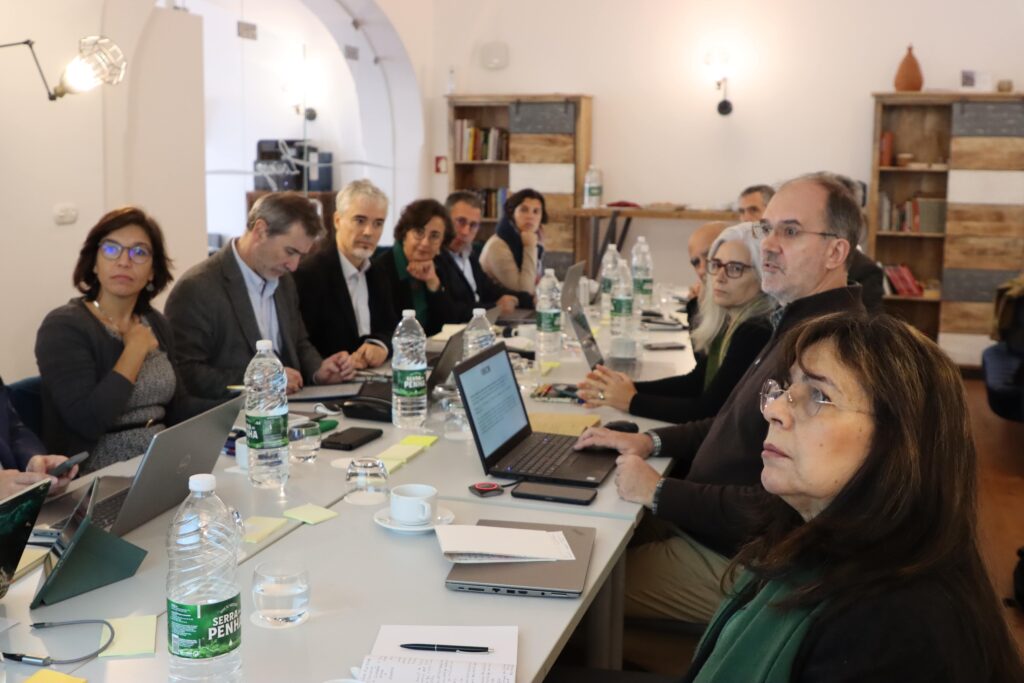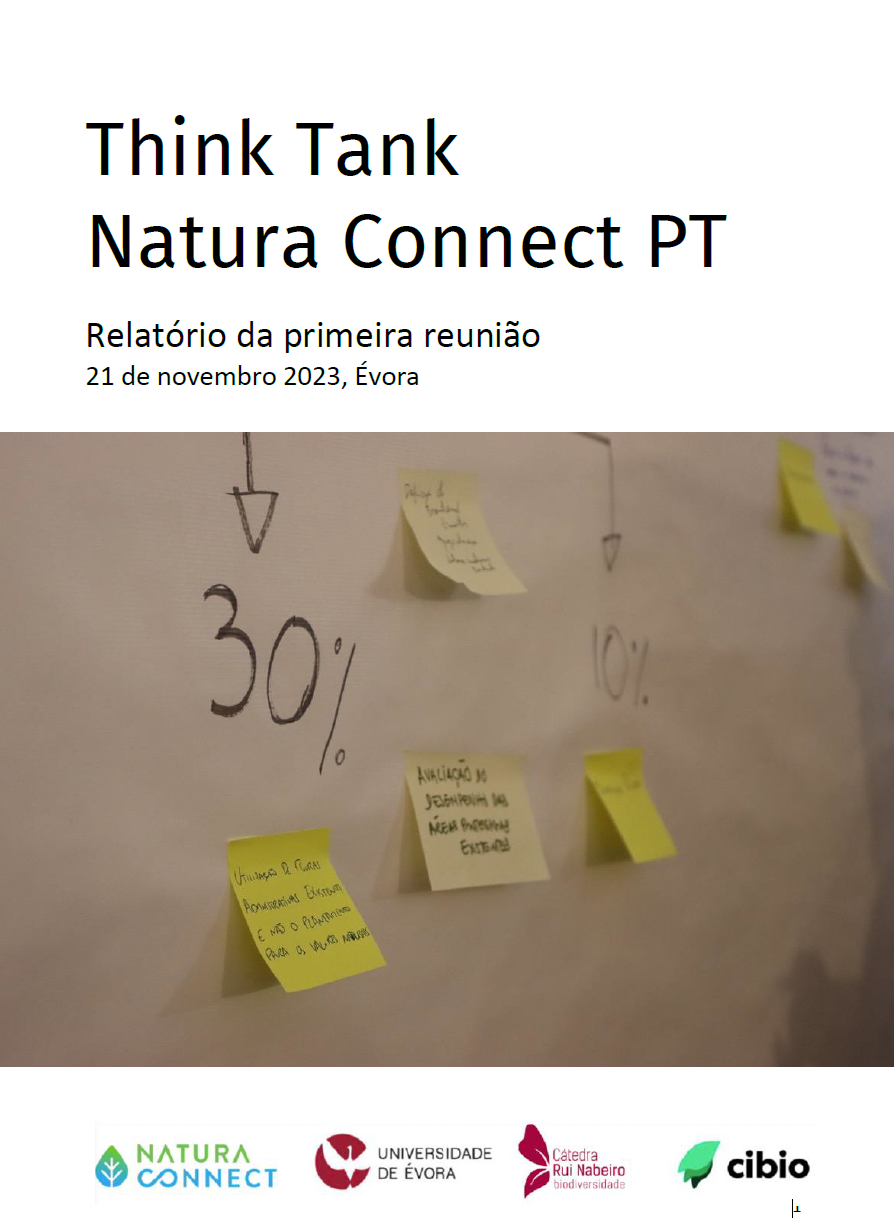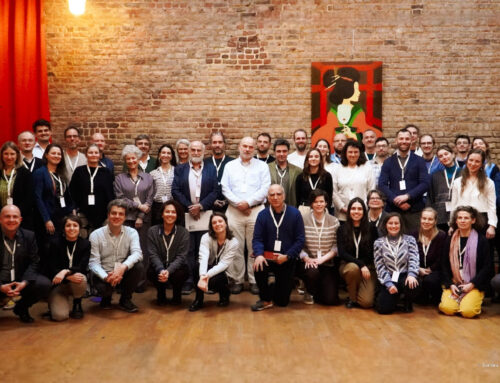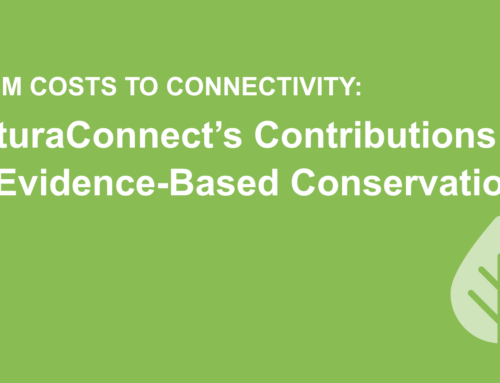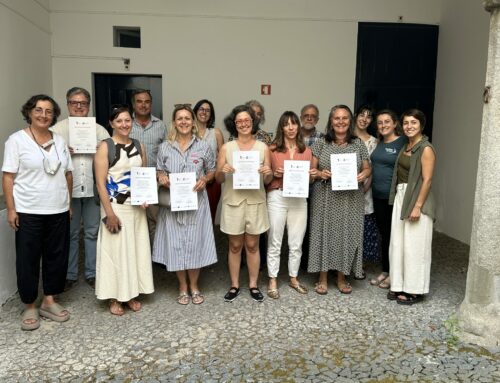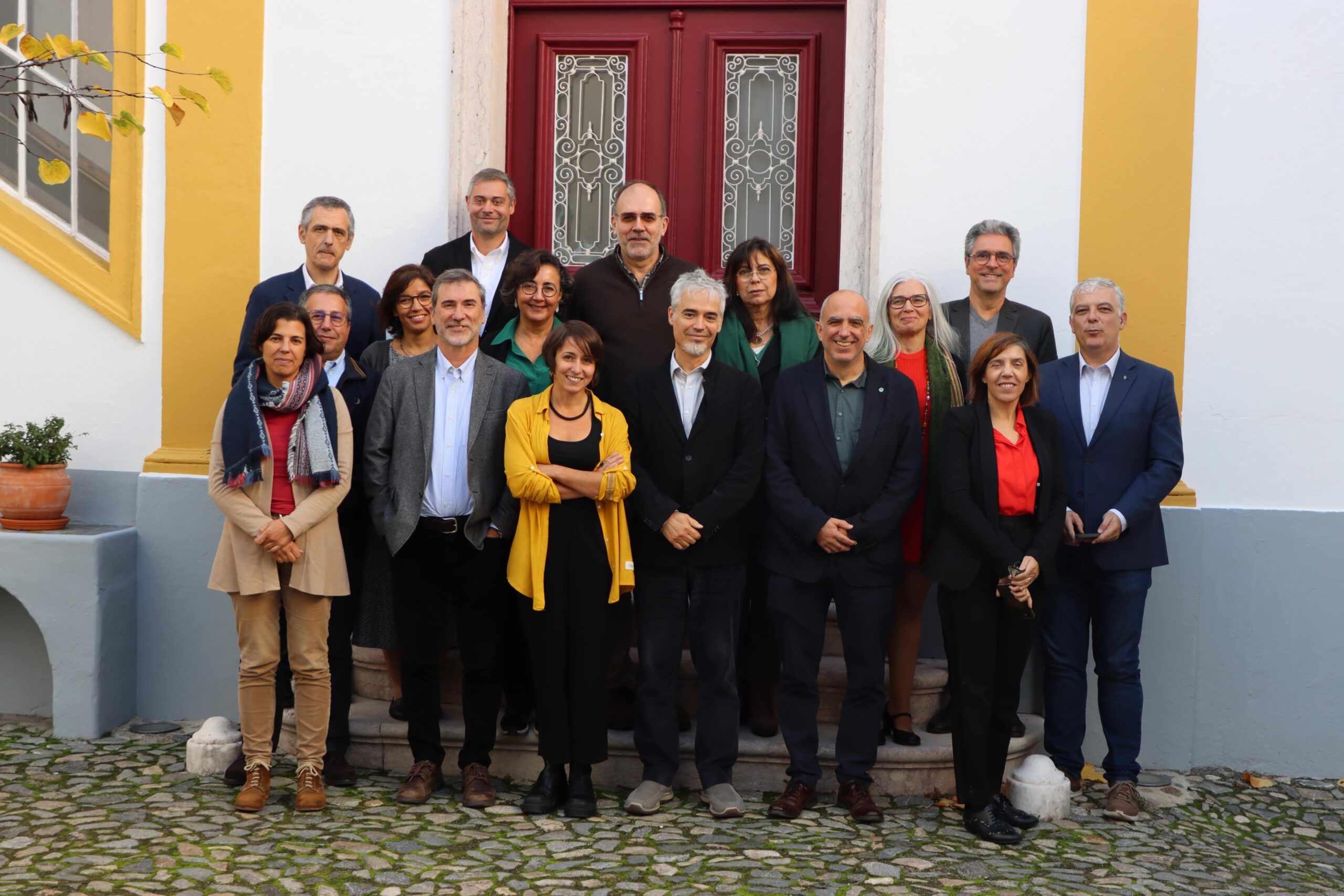
The Portuguese Case Study aims to strengthen ecological connectivity in Portugal and facilitate the implementation of the European Union Biodiversity Strategy for 2030, within a complex socio-economic and political context. To promote dialogue and inter-institutional cooperation, one of the primary actions was the establishment of the Think Tank NaturaConnect.PT, bringing together representatives of the public administration, universities, private sector, and NGOs to discuss the implementation of the European Biodiversity Strategy in Portugal.
This unique initiative aims to identify the main political, socioeconomic, and technical obstacles while simultaneously promoting essential transformations to meet the European Union’s objectives.
The European Union has set ambitious targets in its biodiversity strategy for 2030 to reverse biodiversity loss, restore degraded natural ecosystems, and coherently establish a Trans-European Nature Conservation Network. By 2030, at least 30% of the terrestrial and marine surface of each Member State should be legally protected and consolidated, of which 10% should be strictly protected.
Member States are urged to adopt a swift and coordinated approach, involving synergies among public administration, business, academic institutions, and civil society, to maximise investment in natural capital. This joint effort should also aim to reinforce the integrity of protected areas and efficient management of biodiversity and natural resources. The establishment of the Natura Connec.PT Think Tank is a strategic step to probe Portugal’s specific needs, promoting a multi-sectoral and inclusive dialogue involving stakeholders responsible for land planning, nature conservation, and natural heritage management.
Creation of a multi-sectoral Think Tank
Members of the Natura Connect.PT Think Tank include leaders from the following entities: Institute for Nature Conservation and Forests (ICNF), General Directorate of Territory (DGT), Portuguese Environment Agency (APA), Secretary of State for Nature Conservation and Forests, public company FlorestGal, Sintra-Monte da Lua Parks, Tapada Nacional de Mafra, Council for Sustainable Development (BCSD), Navigator, SONAE, E-Redes, CIBIO – University of Porto, Institute of Social Sciences – University of Lisbon, MED Institute and CHANGE Associate Laboratory – University of Évora, Rewilding Portugal, ANP/WWF Portugal, Belmiro de Azevedo Foundation and Calouste Gulbenkian Foundation.
According to Miguel Araujo, “the Natura Connect.PT Think Tank aims to establish an open forum for dialogue among those involved in implementing biodiversity conservation policies in Portugal.”
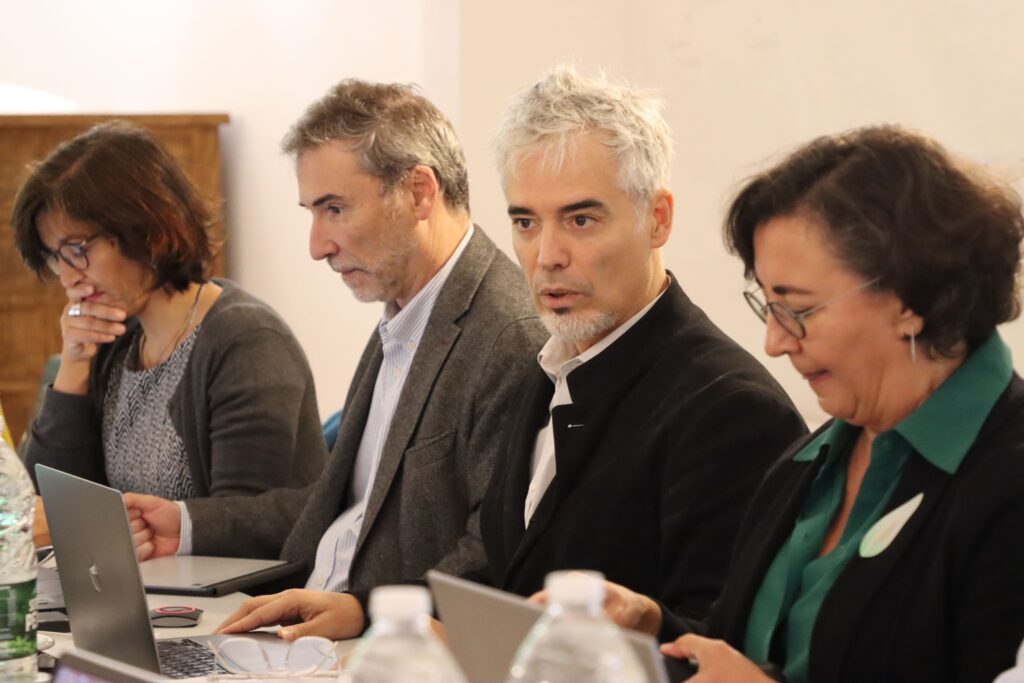
In this context, the Think Tank adopts the Chatham House rules, which allow participants to use the information from the debates, provided that the confidentiality of individual contributions is maintained. This innovative initiative will facilitate the identification of vulnerabilities and the development of strategic solutions to drive the technical, administrative, financial, and social changes essential to counteract biodiversity degradation and honour Portugal’s commitments within the European Union.”
During the meeting, participants analysed the main challenges that hinder meeting the European Union’s Biodiversity targets. Based on a collaborative approach, possible strategies for implementing the European Biodiversity Strategy 2030 were discussed, including the identification of suitable management and funding mechanisms, as well as areas that require technical capacity.
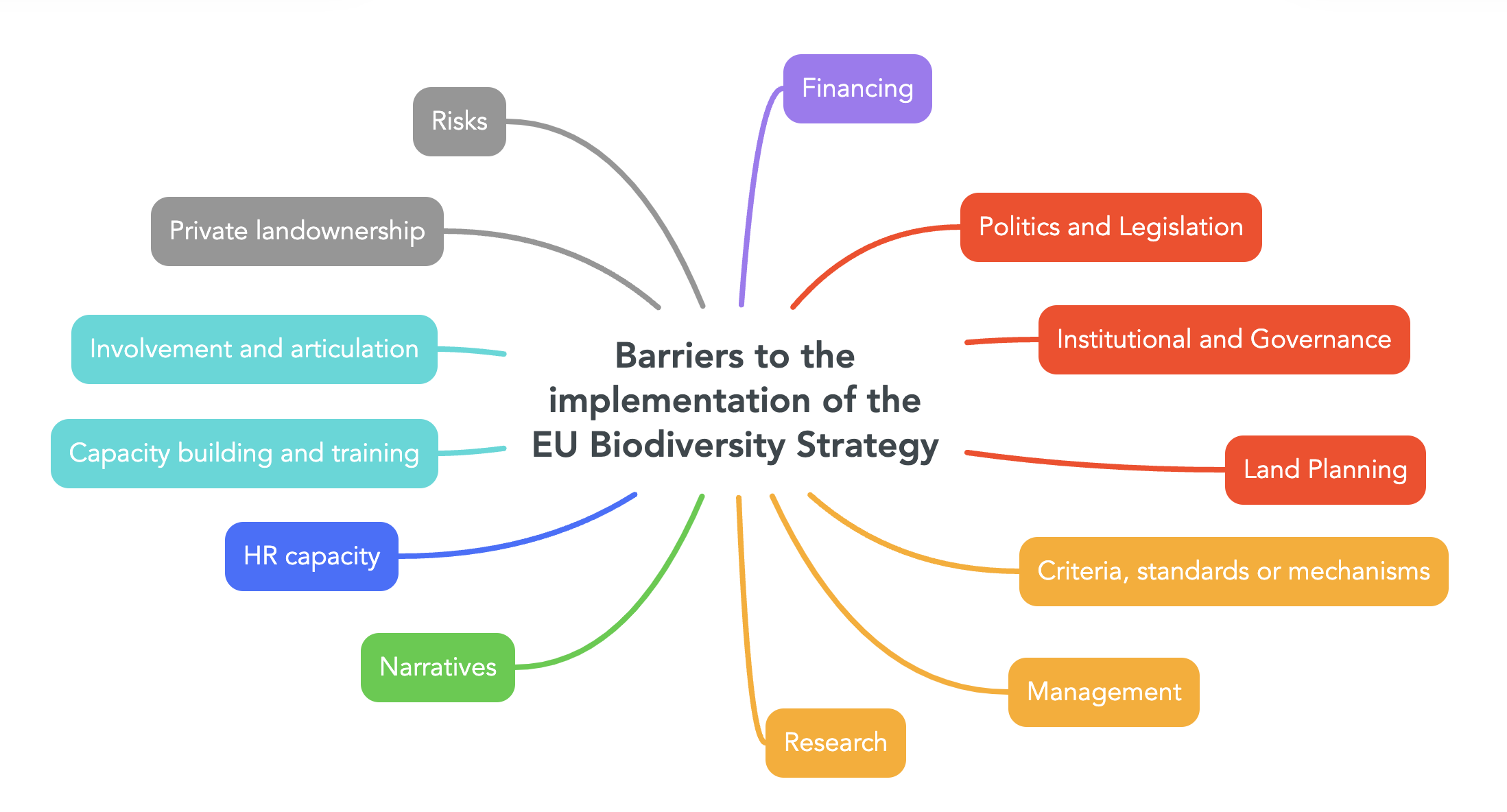
The Think Tank will convene new face-to-face meetings in 2024 and 2025. Intermediate sessions are also scheduled to consult other groups essential to executing the European biodiversity strategy in Portugal, with a particular focus on municipal and regional levels. There are also plans for four technical training modules, covering topics such as ecological and climate connectivity, ecological restoration, and adaptive planning.
Cross-pollination and intersectoral dialogue
The initiative to establish a think tank for implementing the European biodiversity strategy in Portugal aims to foster inter-institutional collaboration and knowledge exchange, thereby designing innovative solutions. The fruits of this work represent a contribution to integrating the objectives of biodiversity preservation and ecological connectivity into sectoral policies and current national programs. Concurrently, the training sessions will serve as a platform to disseminate the latest scientific knowledge and advanced technical tools developed by European partners within the context of the NaturaConnect project.
Download the report of the first Think Tank meeting, with an analysis of the barriers and opportunities identified and a roadmap of action. Only available in Portuguese.

